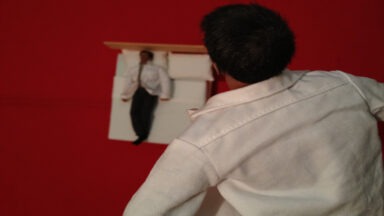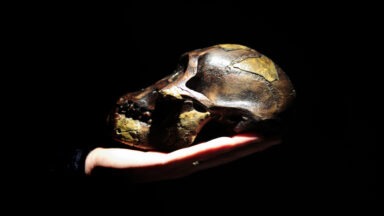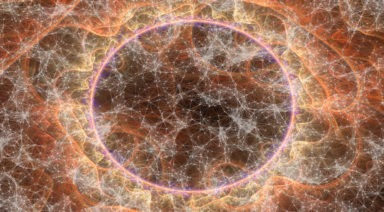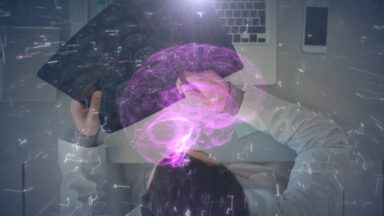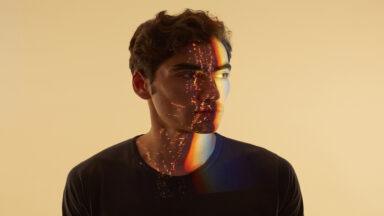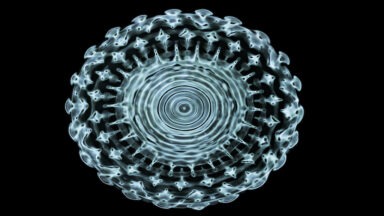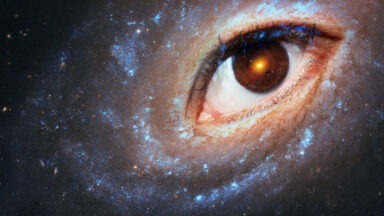FDA Gives Psilocybin Clinical Studies Breakthrough Therapy Status
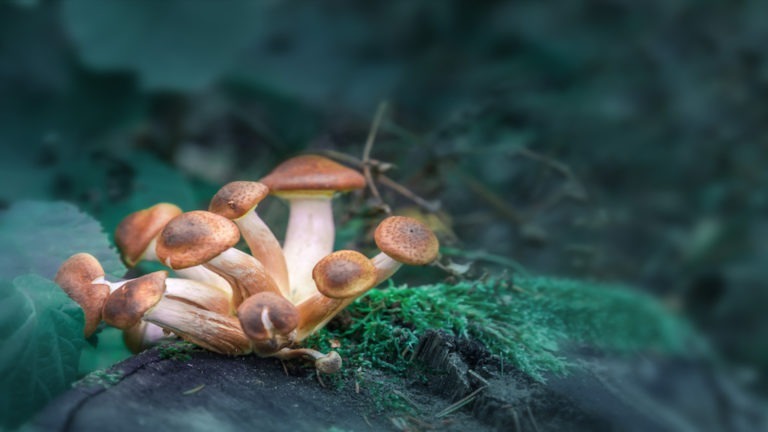
The FDA recognized psilocybin, the psychoactive compound in magic mushrooms, with “Breakthrough Therapy” designation for clinical trials studying its use for treatment-resistant depression by a company called Compass Pathways. The group plans to treat patients in Europe and North America over the next year in placebo-controlled studies to determine proper dosage and treatment methods.
Since hallucinogenic drugs were given Schedule I designation in 1966, psilocin and psilocybin have been villainized by the media and politicians who claim it has a high potential for abuse and no medical application. But recent studies from esteemed research institutions, including Johns Hopkins and London’s Imperial College, have helped ease misconceptions and stigma surrounding the drug, and now government regulatory bodies are seeing its potential.
Compass Pathways, a life sciences company founded in 2016 whose focus is to “accelerate patient access to evidence-based innovation in mental health,” specifically through research with psilocybin, was given the go-ahead by the FDA back in August, but the recent designation was an unexpected acknowledgment, according to some of those involved in its research.
According to the FDA, “Breakthrough Therapy” means it reviewed the findings of researchers it granted use of the drug to and viewed their results as:
“Preliminary clinical evidence indicates that the drug may demonstrate substantial improvement over existing therapies on one or more clinically significant endpoints, such as substantial treatment effects observed early in clinical development.”
Once this designation is given, the FDA expedites the development and review of the drug, hopefully allowing medical professionals to soon begin implementing it as a legal, viable treatment and eventually change the scheduling of the drug.
Dr. Roland Griffiths, one of the foremost researchers in government-sanctioned studies of hallucinogenic drugs, told Inverse he’s hopeful the regulatory approval will change, though he doesn’t envision it becoming available from a pharmacy anytime soon, if ever.
Griffiths and his colleagues have mostly advocated for its use in controlled settings with guided sessions from a trained psychologist. He’s also stated he believes it can be a dangerous drug when taken by those with certain pre-existing mental illnesses, notably schizophrenia.
But now that studies have shown psilocybin to act as a “reset mechanism” in the brain for those suffering from severe forms of depression, this latest recognition from the FDA may allow psilocybin treatment to become available for those desperately needing it. This breakthrough may also pave the way for FDA trials with other psychedelic substances, such as LSD, currently studied by Griffiths and others in his field.
For more on Dr. Roland Griffith’s and other cutting edge work studying clinical treatments with psychedelic substances, check out this episode of Psychedelica:
Psychedelic Experiences Neurologically Mimic Near-Death Experiences
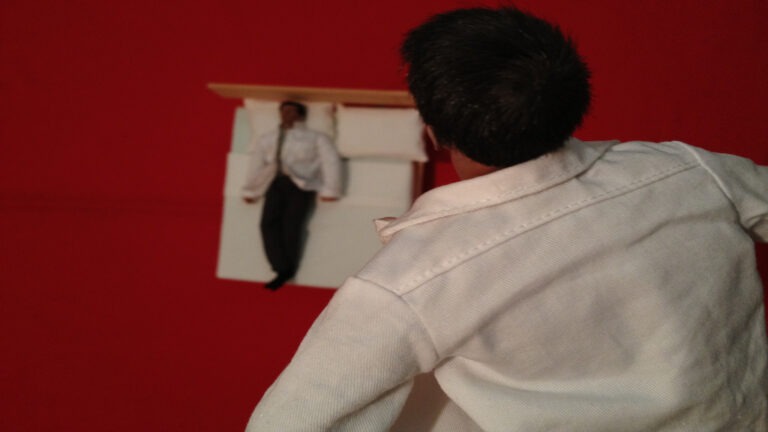
Research suggests the psychedelic trip is remarkably similar to a Near-Death Experience and has been noted for decades. Now, research into the neural activity experienced while under the influence of psychedelics, is providing valuable context for the commonalities.
Dr. Eben Alexander is a neurosurgeon who experienced an NDE in 2008 and has since been studying the phenomenon and sharing his findings in a number of bestselling books.
“This research with psychedelics has been so fascinating,” Alexander said. “Not only does it show that the brain goes dark under the influence of such substances, they actually showed this beautiful inverse correlation between the amount of turning off and dissolution of the Default-Mode Network, as demonstrated on fMRI, with a degree of liberation of consciousness away from the ego into these unfettered realms of transcendental and paranormal experience. It shows us in a very concrete fashion that the brain activity is not actually causing all of this to happen, but it’s more the brain getting out of the way.”
Researcher Dr. Rick Strassman was the first to rigorously study the overlap between the psychedelic experience and the NDE. The commonalities are quite significant.
“It’s all about entering new realms, I mean, entire immersive experiences — worlds that are different from our material realm. That is a very common theme in those drug experiences as well as in near-death experiences. There’s also this extraordinary world of beings, entities, guides, of intelligences. It’s showing this incredible unification, a sense of being, and a binding force of love through these experiences. So, there’s a commonality of lesson and transformation,” Alexander said.


